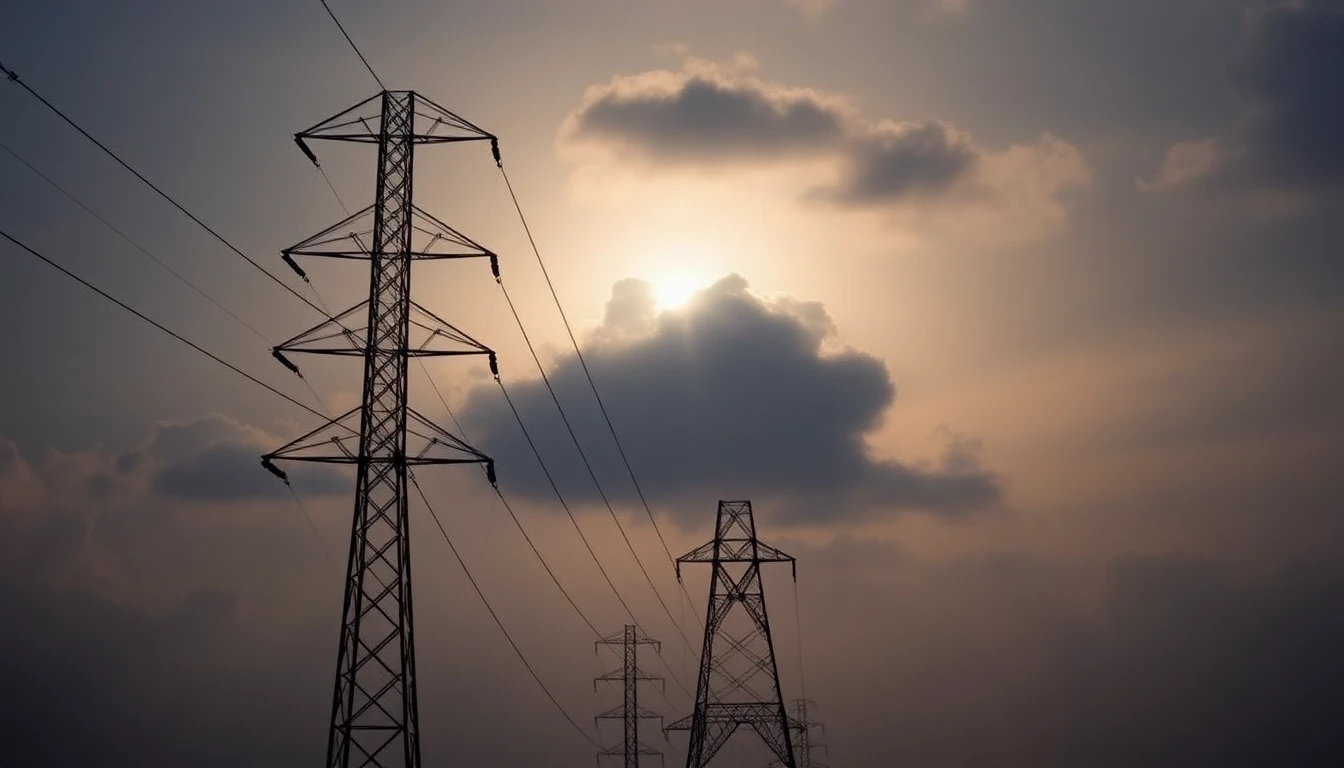
In a surprising turn of events, Brazil's inflation rate has shown a significant uptick, primarily driven by soaring electricity costs. Recent data from the country’s statistical agency has revealed that consumer prices increased by 0.56% in September, marking a notable rise from the 0.23% observed the previous month. This surge has raised concerns among economists and policymakers regarding the potential implications for the broader economy.
The spike in electricity prices is attributed to ongoing challenges in the energy sector, compounded by weather-related issues that have led to lower water levels in reservoirs used for hydroelectric power generation. As hydroelectric power accounts for a substantial portion of Brazil's electricity supply, the decrease in generation capacity has forced the government to rely more on thermal plants, which are more expensive to operate.
As a result, the country has seen a price hike of over 14% in residential electricity rates since August. This increase is not only squeezing household budgets but also impacting businesses that rely heavily on consistent energy supply. The energy crisis is believed to be a crucial factor influencing the upcoming monetary policy decisions by Brazil's central bank, which has already been grappling with the fallout from previous inflationary pressures.
Food prices, which have also contributed to inflation, edged up as well, albeit at a slower rate. This rise is symptomatic of broader global trends where food supply chains remain disrupted due to various factors, including climatic conditions and geopolitical tensions. The combination of rising energy and food prices is likely to prompt a tighter monetary stance as the central bank weighs its options to combat inflation and stabilize the economy.
Economists are predicting that the current inflationary environment may cause the Brazilian central bank to reconsider their strategy for interest rates. The bank's ability to maintain growth while managing inflation is a delicate balancing act. Current forecasts suggest that unless there is a reversal in the energy prices or significant improvement in supply chain conditions, inflation will continue to pressure the economy, particularly as Brazil gears up for the presidential elections in 2024.
As the situation evolves, it remains crucial for stakeholders, including consumers, businesses, and government officials, to remain vigilant and adaptable to the changes in economic dynamics. The central bank's next move will be closely watched, as it will not only affect inflation but also play a pivotal role in shaping the country's economic landscape in the coming months.
#Brazil #Inflation #ElectricityPrices #Economy #EnergyCrisis #CentralBank #MonetaryPolicy #EconomicImpact
Author: Laura Mitchell




